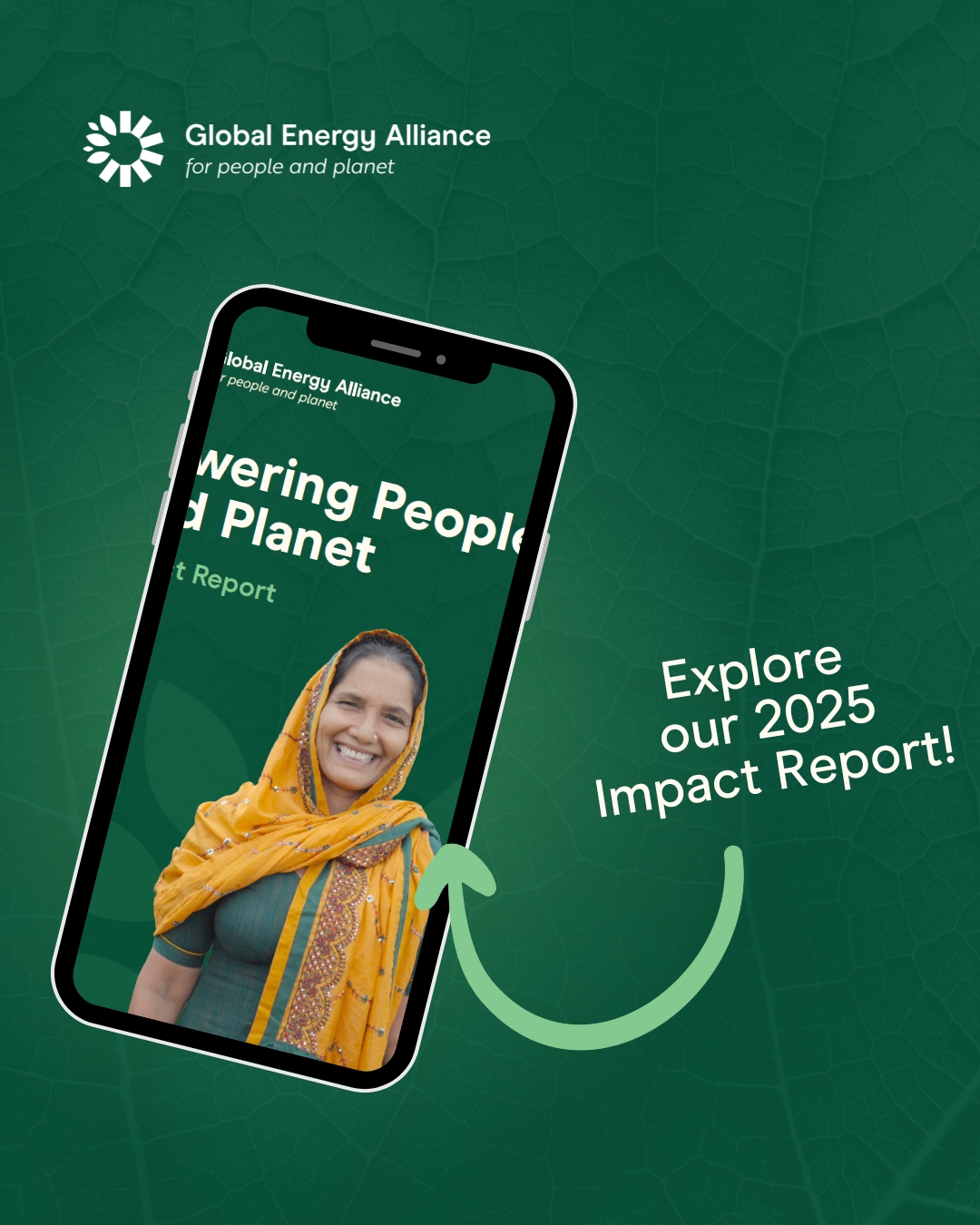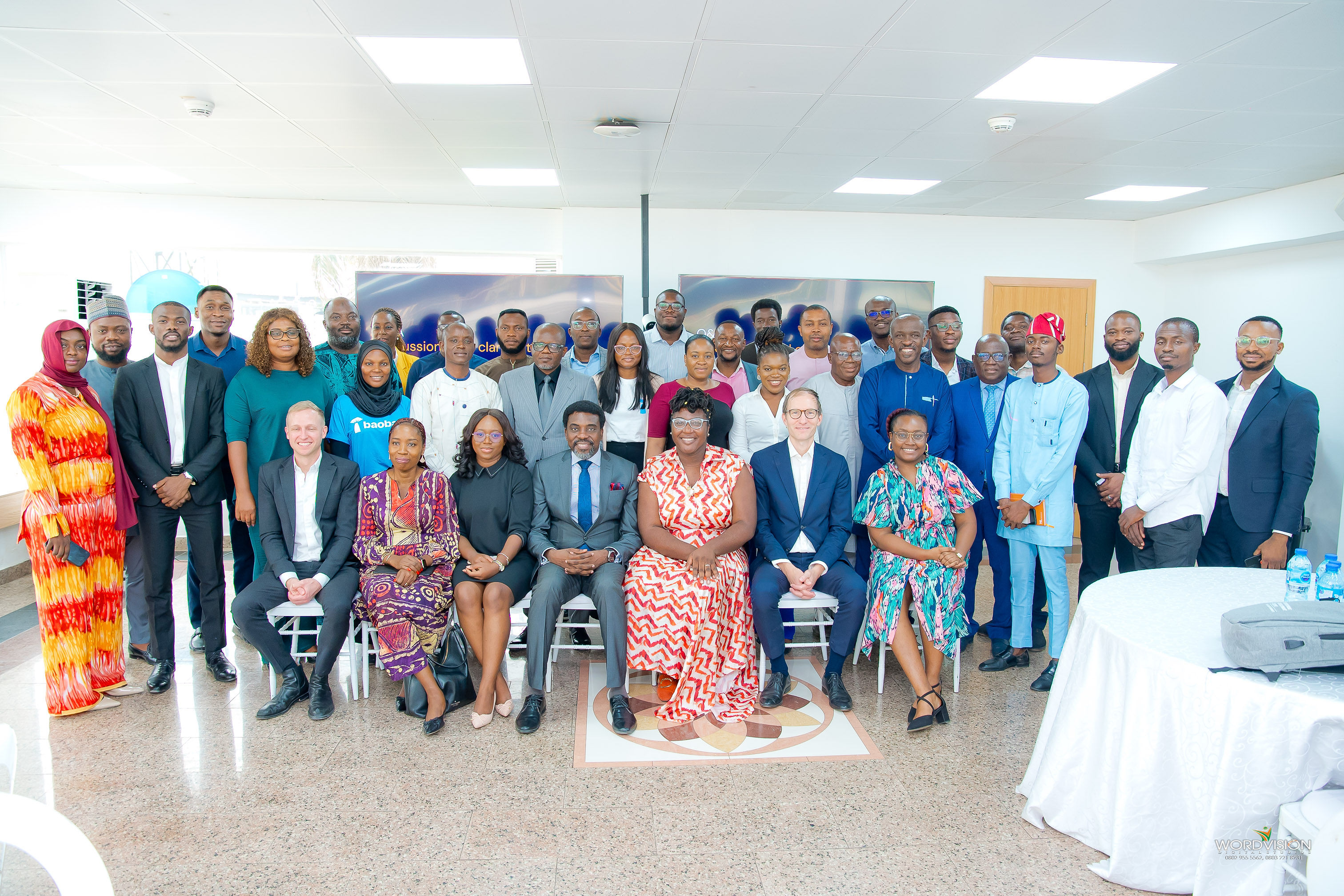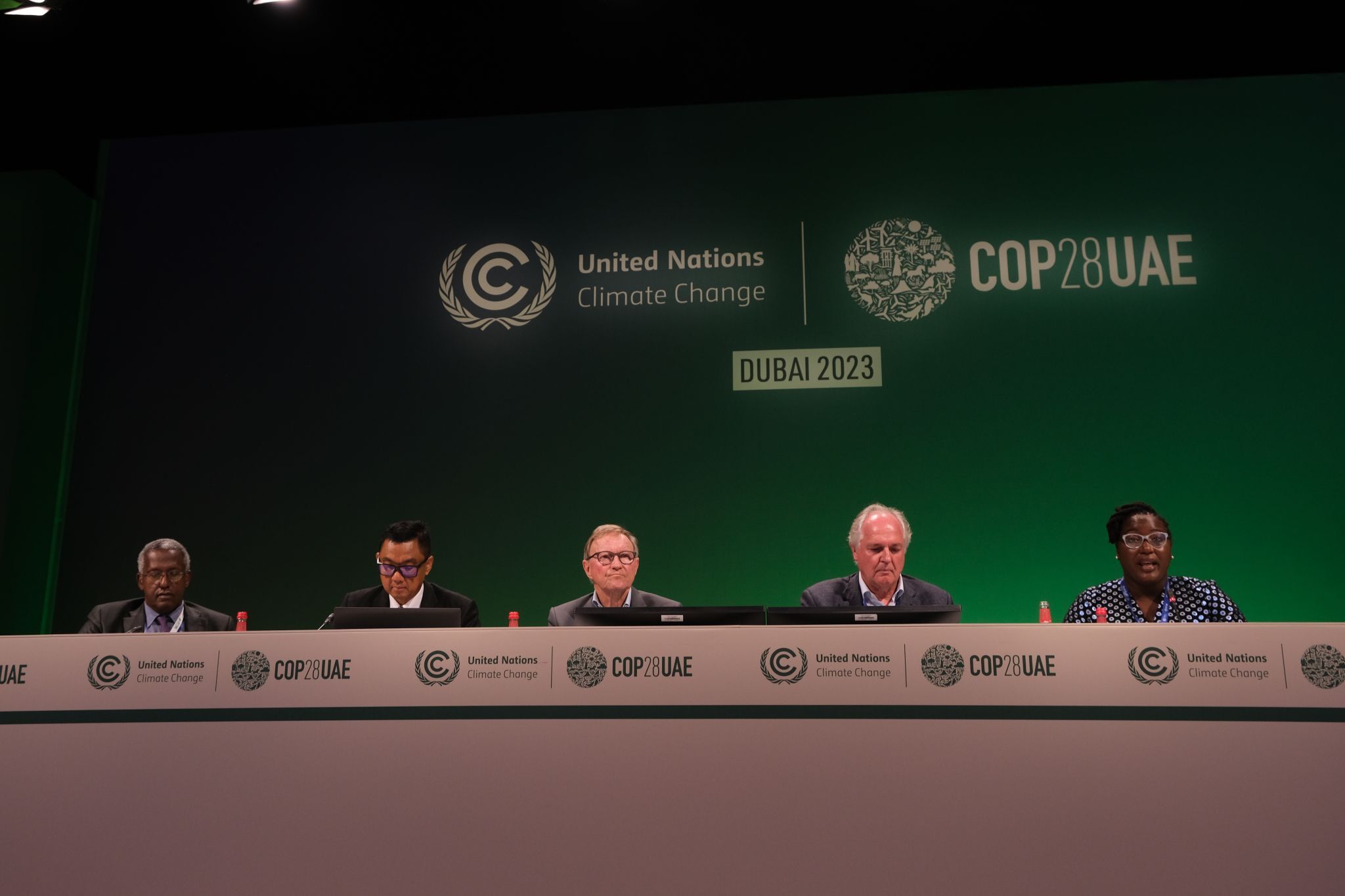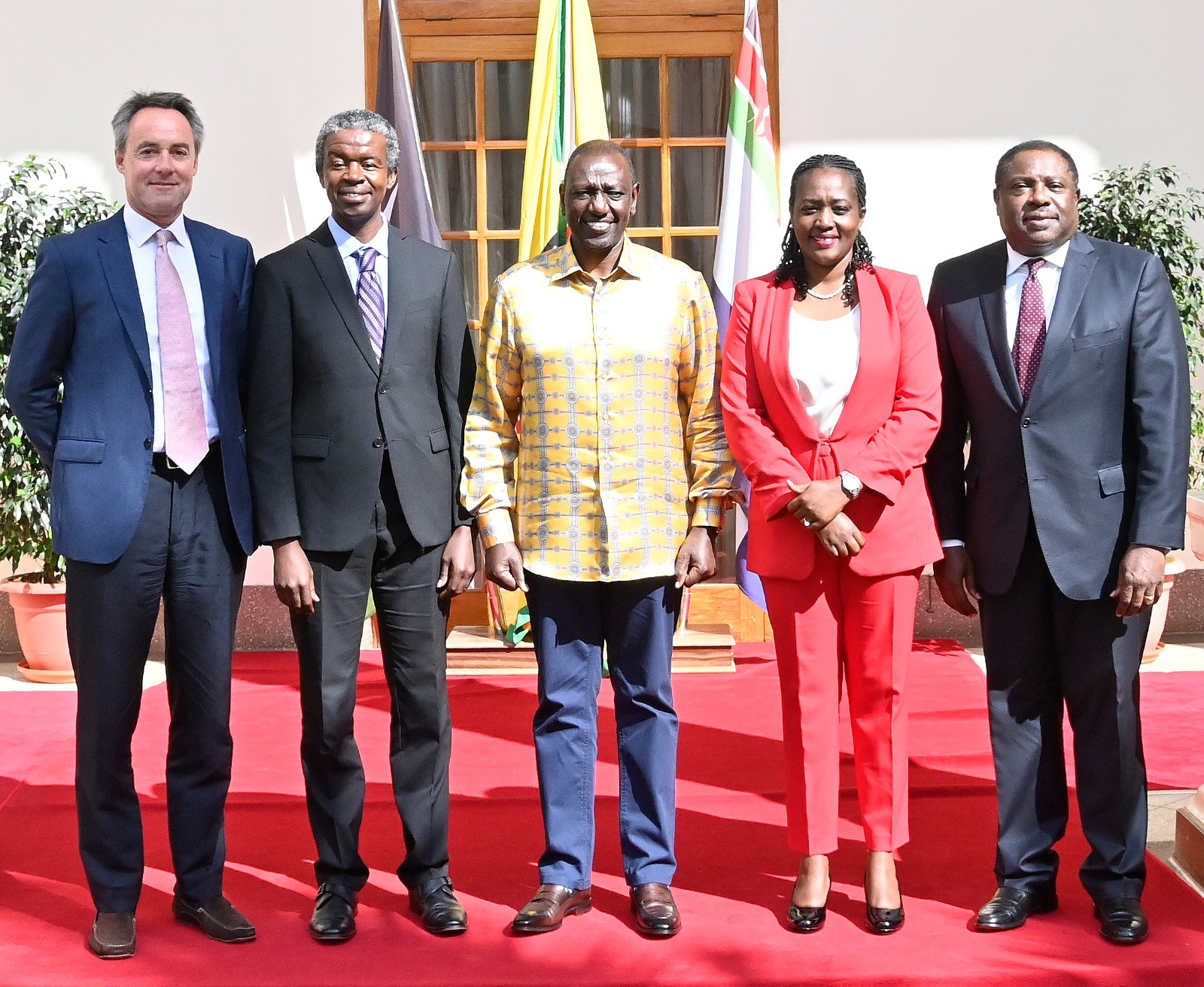
GEAPP Convenes Alliance of Partners in DRC as Goal to Achieve 100 Metro-grids is Outlined
To end energy poverty in Sub-Saharan Africa and increase green energy access, seeking out and unlocking the potential of Africa’s energy sector is a must.
At the Global Energy Alliance for People and Planet (GEAPP) – forged to organise and accelerate scalable, inclusive energy solutions in developing countries – identifying where there are opportunities for growth and curating targeted investment plans is key. But getting there is only made possible through collaboration with stakeholders with a clear vision, like the government of the Democratic Republic of Congo (GoDRC).
The GoDRC has ambitious plans. Utilising ViDA, a geospatial platform funded by the International Finance Corporation (IFC), 194 populated areas in the Congo, some with up to 400,000 connections, were identified as viable for electrification through isolated grids. The GoDRC is committed to increasing electrification through different models including electrifying 100 urban and peri-urban centres via 100 new renewable energy metro-grids by 2040. That’s energy access for over 20 million men, women, and children, at home, within businesses, and beyond. This will require significant capital inflows that could come from various sources like government funding, development finance, philanthropy and private capital. It would be a misstep not to embrace the market wholeheartedly.

Understanding the rich opportunity in the DRC, and working closely with GoDRC, GEAPP came together with Power Africa to convene a meeting in which attendees could discuss and identify how to unlock the DRC’s energy sector. This first meeting took place in Kinshasa in February 2023 and was attended by 20 people representing a range of early partners, including the World Bank, IFC, the Agence Française de Développement (AFD), African Development Bank (AfDB), USAID, the UK & US Embassies, USTDA, The Rockefeller Foundation, and the World Resources Institute (WRI). These partners reinforced their commitment to working together to support the GoDRC in unlocking an initial USD 1 billion worth of investment to support the metro-grid sector.
Making the metro-grids projects a reality by 2040 means turning to the private sector for support, something GoDRC recognises as key to driving renewable, isolated generation systems that can meet these needs and ambitions rapidly, and at scale.
There is a shared understanding of the challenges that lie ahead. Whether that’s more transparency on taxes and costs, logistics and timelines, or delivery capacity and risk mitigation, the partners left the first meeting confident that the vast untapped potential in the DRC can be unlocked through their new partnership. But further help is required to get there.
GEAPP is already encouraged by the existing work of its partners across the DRC, and ongoing projects which show just what’s possible with the right investments and frameworks, such as Nuru. Nuru is a renewable energy company looking to ‘connect the Congo’. They have already installed four metro-grids with 2.5MW capacity, with plans to further expand and provide five million people with reliable access to clean energy by September 2024.
Targets

New metro-grids by 2040

Urban and peri-urban centres electrified

Initial investment goal
Joseph Nganga, Vice President for Africa at GEAPP said, “I’m thrilled by what’s been achieved in this first meeting of partners in the DRC, with clear objectives and actions established for the next few months and years. This will only be achievable if Alliance partners commit to and hold each other accountable for delivering on agreed upon milestones and timelines. GEAPP is both humbled and excited to play the key role of providing Alliance partners up to date information, coordinating and convening Alliance partners on a regular basis and helping engage the government of DRC in a coordinated way. Working towards a more electrified DRC is a challenge, but certainly one worth pursuing. I look forward to reaching new partners to help us achieve our shared clean energy goals.”
When it comes to the climate emergency, the world is facing some of its most daunting challenges yet. GEAPP, together with its alliance of partners is working to find ways to make inclusive, economically-viable, and renewable energy transitions in developing nations by unlocking the fastest, most scalable routes to get there. Creating 100 metro-grids in the DRC would be a leap in the right direction to change energy for good.
GEAPP in DRC
Read how we’re accelerating deployment of private-sector-led urban and peri-urban solar metro grids to help realize the country’s renewable energy potential.










